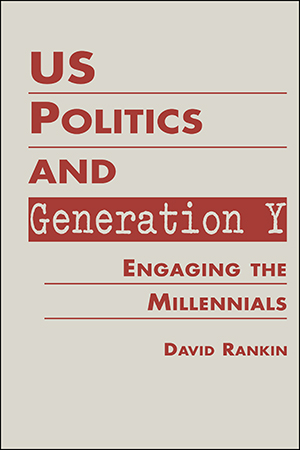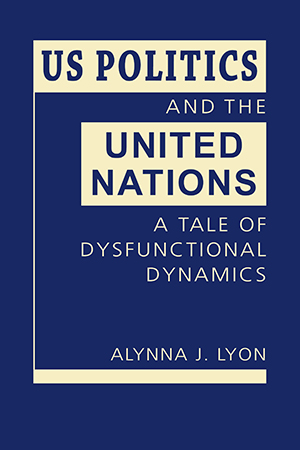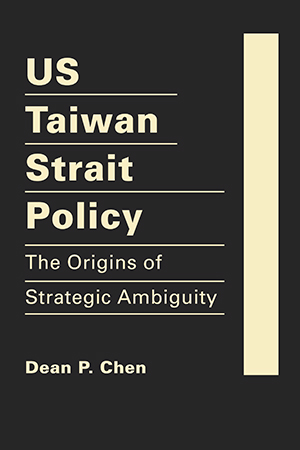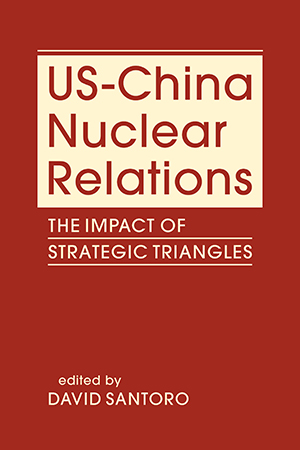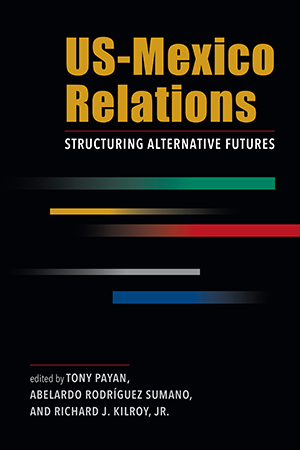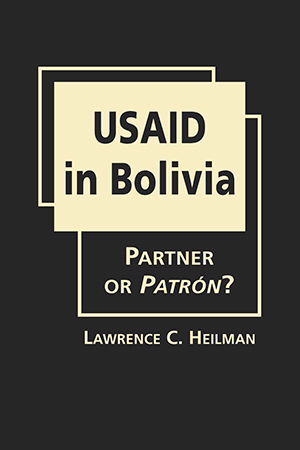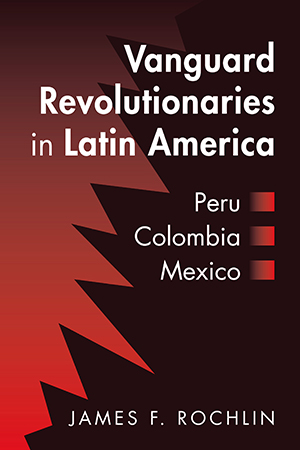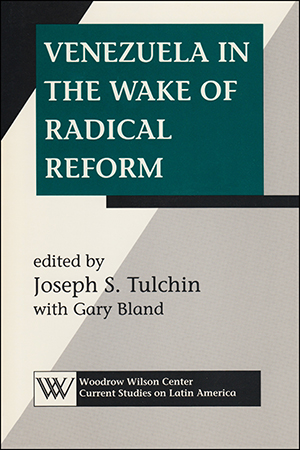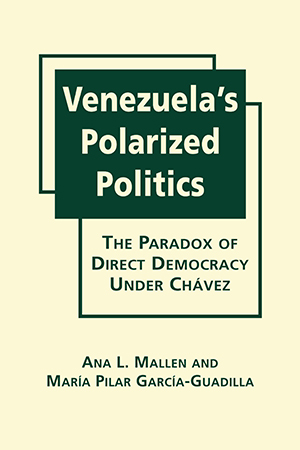BOOKS
How have the momentous events of the early 21st century affected the millennial generation's political awareness and action? What accounts for the widespread youth mobilization in More >
It is no secret that the US variously pulls away from the United Nations and embraces it as a significant venue for policy initiatives. But what explains this dramatic inconsistency? What is More >
Why did the Truman administration reject a pragmatic approach to the Taiwan Strait conflict—recognizing Beijing and severing ties with Taipei—and instead choose the path of More >
Though China remains a relatively weak nuclear power, it has in recent years become central to US strategic policymaking. What explains this shift? How is the US-China strategic nuclear More >
Few would disagree that the nature of current relations between Mexico and the United States embodies both promising opportunities and reasons for alarm. The contributors to this timely book More >
After Bolivia had received more than $4.7 billion from the US government to support 70 years of development efforts, why would Evo Morales abruptly expel USAID from the country in May 2013? More >
During the swan song of the Soviet Union and the immediate aftermath of the Cold War, many insurgent groups that had been dependent on Moscow or Havana quickly faded into political oblivion. More >
Topics include: Protecting Democracy by Controlling State Crime in Advanced Industrialized Countries; Controlling State Crime in the United Kingdom; Controlling State Crime in the United More >
Venezuela, Latin America's second-oldest democracy, today faces its greatest challenge. Recovering from the attempted military coup of February 1992 and seeking resolution of a severe More >
During Hugo Chávez's presidency, Venezuelan society underwent a sudden—and vicious—split between the Chavistas and the Opposition. What accounts for the extreme More >



